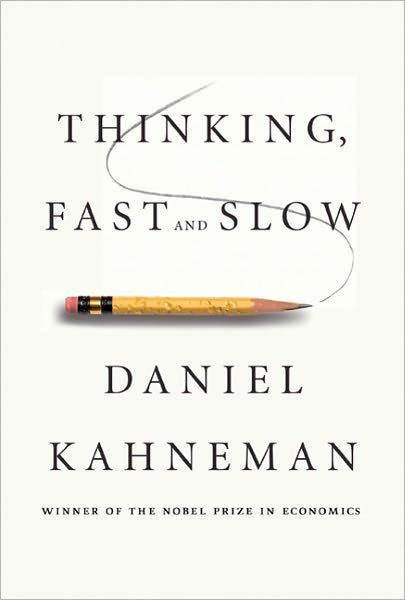
Reviews
Ella Safi@ellasafi
Elisavet Rozaki @elisav3t
Pierre@pst
Marcy Pursell @mpursell21
Chaitanya Baranwal@chaitanyabaranwal
Cristian Garcia@cristian
Benedict Neo@benedict
Dharmesh Mehta@dm
Safa Orhan@safaorhan
Fred Rivett@fredrivett
Benedict Neo@bneo
matej yangwao@yangwao
Mark Gibaud@markgibaud
Maja Cieslik@majame
Anthony@amorriscode
Gavin@gl
Zack Apira@vatthikorn
Matthew Royal@masyukun
MG@marilink
Jakub Kopys@jakubkopys
Jowanza Joseph@josep2
Eva Decker@evadecker
Dirk Deimeke@ddeimeke
Mark Phillips@mp
Highlights
Piss_Peas@whyyssee
Lars Danau@larsdanau
Lars Danau@larsdanau
Alex Rainer@alexrainer
Rina@rinareads
Page 24
Shubham Gupta@shubham
Shubham Gupta@shubham
Shubham Gupta@shubham
Shubham Gupta@shubham